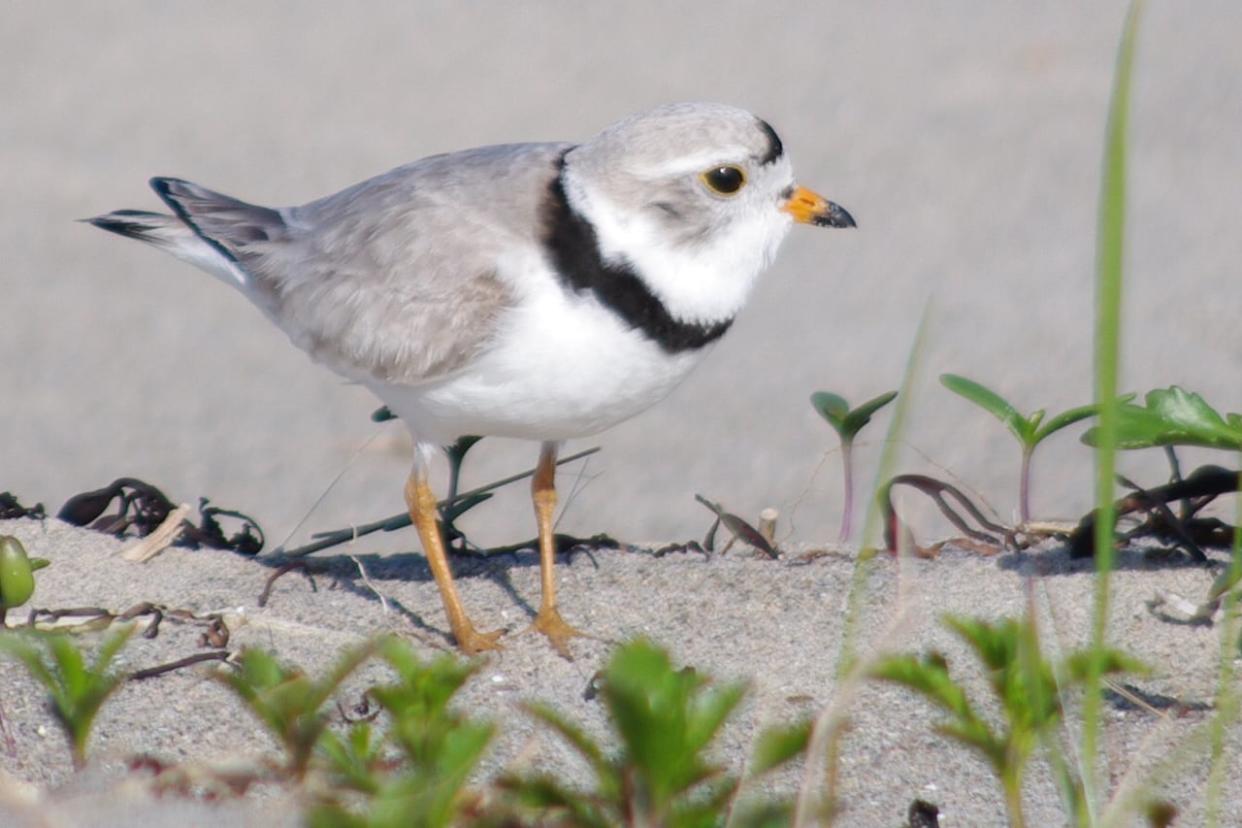Piping plovers exceed Nova Scotia population goal for first time in decades

Efforts in Nova Scotia to boost the population of an endangered bird species have hit their target for the first time in over 30 years, according to a conservation group.
Birds Canada said the provincial recovery objective was to have 60 breeding pairs of piping plovers, and that goal was exceeded in 2023.
The small bird lives along coastal areas and has been an endangered species since 1985.
"We were so excited," Sue Abbott, associate director of Nova Scotia programs, told Portia Clark on CBC Radio's Information Morning.
"Many people and groups and volunteers have been working so hard to recover piping plovers," she said.
It's a significant milestone, Abbott said, but these numbers need to be sustained for a 15-year period for the piping plover population to fully recover.
Nova Scotia is seeing success but it's not being matched in other parts of the region, she said.
Protecting plovers' habitat
The proposed Coastal Protection Act would go a long way to protecting beach and dune health, Abbott said.
She said that legislation would create boundaries for development and prevent the birds' natural habitat from being disturbed.
"So we do hope that the Coastal Protection Act comes into place very soon," Abbott said.
Members of the public visiting coastal areas have a role to play as well, she said, including by watching out for signs, keeping dogs on leashes and avoiding driving on beaches with off-road vehicles.
"I never get tired of visiting beaches and hearing or seeing a plover," Abbott said. "And I think a lot of Nova Scotians and visitors love seeing wildlife on beaches as well."
A spokesperson for the Nova Scotia Department of Environment and Climate Change told CBC News endangered species like the piping plover, and their habitat, are already protected under the Nova Scotia Endangered Species Act, the Nova Scotia Biodiversity Act and several federal pieces of legislation like the Species at Risk Act and Canada Wildlife Act.
"On this issue, these acts all supersede the Coastal Protection Act, which is not proclaimed into law. The Department of Natural Resources and Renewables is responsible for enforcing the laws and regulations to protect species-at-risk and their habitats," the statement read in part.
The statement said anyone who feels an endangered species is being harmed or disturbed should report it to Nova Scotia Natural Resources and Renewables by calling 1-800-565-2224.
MORE TOP STORIES

